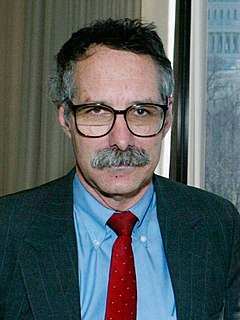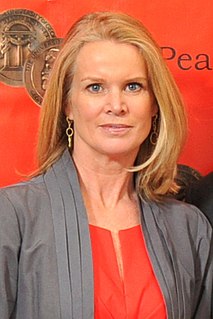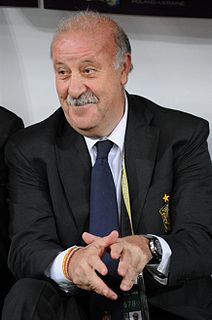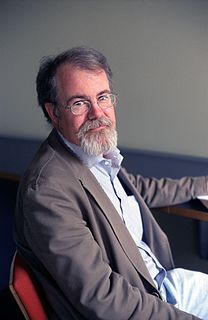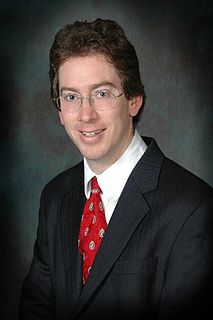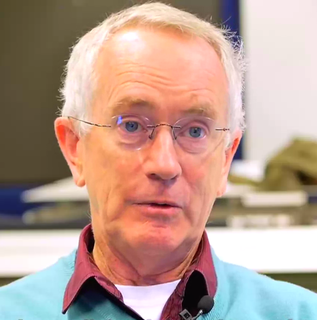A Quote by Stephen J. Dubner
When most people think of economists, they think of macro-economists. Macro-economists try to describe or - even harder - predict the movements of a hugely dynamic system. They're like a transplant surgeon trying to simultaneously transplant every failing organ in someone's body.
Related Quotes
Probably the only people left who think that economics deserves a Nobel Prize are economists. It confirms their conceit that they're doing 'science' rather than the less tidy task of observing the world and trying to make sense of it. This, after all, is done by mere historians, political scientists, anthropologists, sociologists, and (heaven forbid) even journalists. Economists are loath to admit that they belong in such raffish company.
Until the Great Depression, most economists clung to a vision of capitalism as a perfect or nearly perfect system. That vision wasn’t sustainable in the face of mass unemployment, but as memories of the Depression faded, economists fell back in love with the old, idealized vision of an economy in which rational individuals interact in perfect markets.
There is a small minority of well-educated people with relatively sensible views on economics, and an extremely tiny minority of economists with highly sensible views. Then there's everybody else. ... To win, a politician needs to please the median voter. It makes little difference if a few thousand economists think you a fool.
I write with two things in mind. I want to be right with my fellow economists. After all, I've made my life as a professional economist, so I'm careful that my economics is as it should be. But I have long felt that there's no economic proposition that can't be stated in clear, accessible language. So I try to be right with my fellow economists, but I try to have an audience of any interested, intelligent person.

